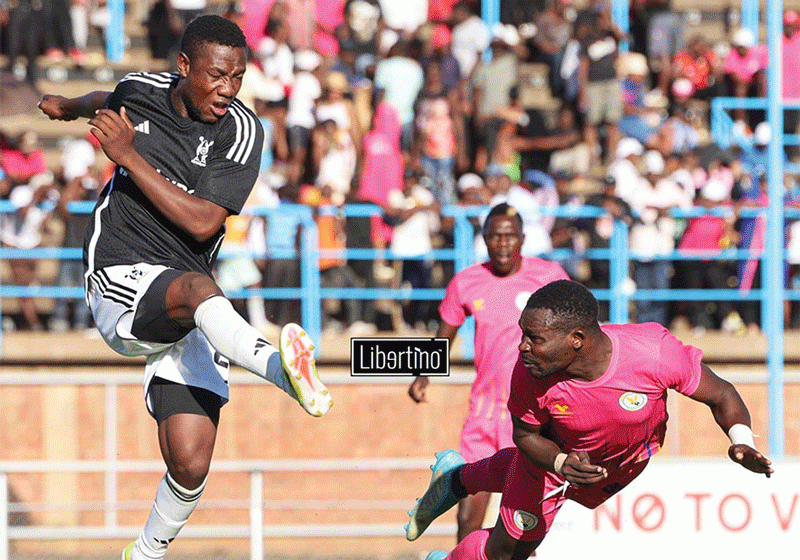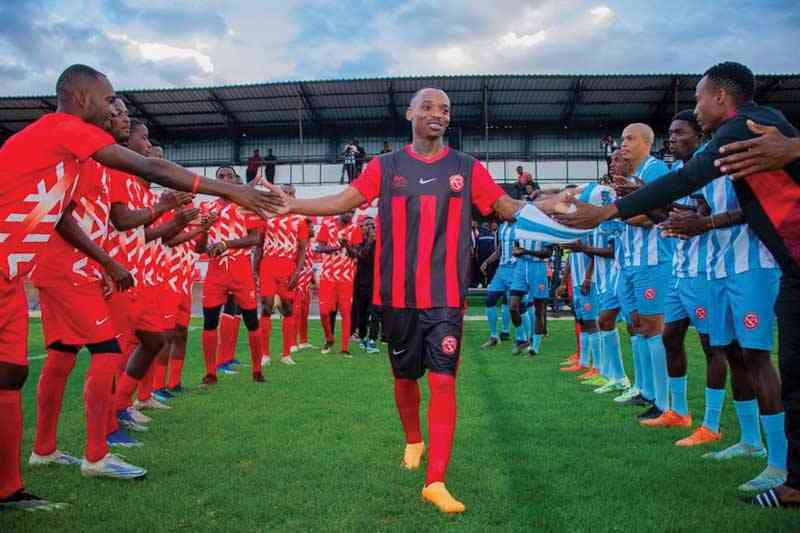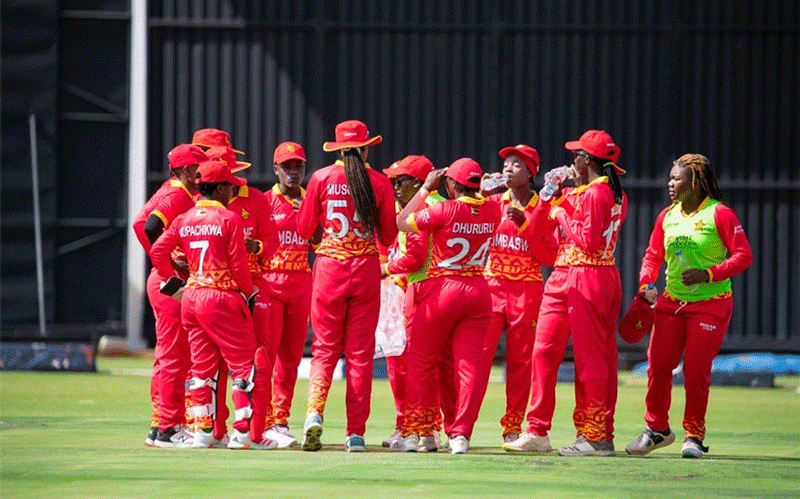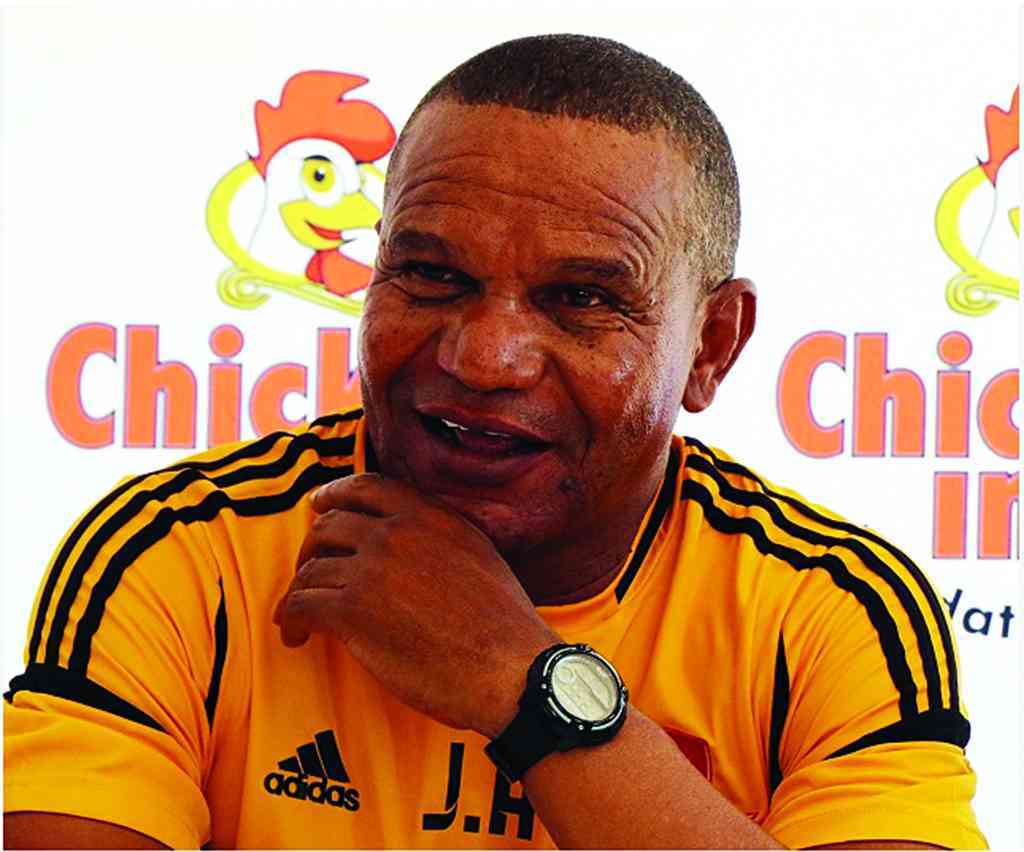
David Pocock is used to tackling things head-on. It is part and parcel of being a world-class rugby player.
But the drive and passion the 22-year-old displays on the field for the Western Force in Super Rugby and for the Australian national team is just as evident in his quest to alleviate inequality and poverty in Zimbabwe.
Pocock grew up in Zimbabwe, but when he was 14, his family moved to Brisbane, Australia, after their farm was seized during President Robert Mugabe’s land grabs which saw white farmers forced from their land.
Several of the Pococks’ neighbours were attacked and one was shot and killed during the traumatic period. Pocock says his family was among the lucky ones.
“It got messy for farmers and farm workers over there,” he said. “Our family was very fortunate to have the option to move to Australia.
“There were a lot of people, particularly the farm workers, who got a pretty raw deal from it all.”
It is understandable, then, that helping the underprivileged people of Zimbabwe has been the focus of Pocock’s charity, Eightytwenty Vision, which he set up with his friend Luke O’Keefe in January 2009.
The not-for-profit organisation helps fund community development projects in the rural area of Nkayi, about 160 kilometres north of Bulawayo, the country’s second-largest city.
- Chamisa under fire over US$120K donation
- Mavhunga puts DeMbare into Chibuku quarterfinals
- Pension funds bet on Cabora Bassa oilfields
- Councils defy govt fire tender directive
Keep Reading
The projects focus on food and water security, healthcare for those with HIV or Aids, education for children, improvements to hospital care for mothers and human rights.
“The big part of it for me, having grown up in Zimbabwe, is seeing how a lot of people live in the world and seeing how the First World operates and the amount of money that is floating around,” Pocock said.
“I was keen to help out back there,” he added. “I felt that as a rugby player, I had the opportunity to do it, and not to do it would be a real shame.
“There is a lack of equality in the world, so if I can challenge people to think outside the way they are living . . .
“A big part of what we’re doing is us saying, ‘You don’t have to come and help us out, just help someone’.”
He added, “There are so many organisations out there doing some really good work, I think it’s important that people in the First World do begin to engage with people who aren’t so lucky just by the fact they were born in a different place.”
There is passion in his voice when he talks about the changes he hopes to see taking place in Nkayi, particularly around women and children’s rights and education.
“Like a lot of cultures, it’s a very patriarchal culture and women in the area don’t even have inheritance rights, and that’s something we’re trying to bring up in the community,” he said.
“About 90% of rural schools in Zimbabwe have closed down in the past 10 years or so,” he added. “So that’s a big focus for us, trying to get a bit of infrastructure back in and getting kids educated. There is no real future for the country if you’ve got a whole generation of kids coming through with no education.
“It’s a very slow process, but you’ve got to start somewhere.”
Despite his ever-increasing rugby commitments, Pocock travels to Nkayi once a year and says each time it is a humbling experience.
“It’s our staff on the ground that make it all happen. They are the ones living there and they are the ones dealing with the ongoing issues that come with community development,” he said.
“They are the ones that are really changing things,” he said. “I’m just over in Australia trying to raise the funds to allow them to do what they are doing.”
Last September, he squeezed in a trip to Nkayi following Australia’s Tri-Nations campaign and before a tour of Europe.
“It’s usually only for two weeks, but I do really enjoy getting back there,” he said. By nature a shy person, he also enjoys the anonymity, as those he meets have no idea of his rugby fame.
“It’s great,” he said. “To the people out in Nkayi, I’m just another person. I really enjoy that.”
He is also quite happy to blend in and live like the locals do, a far cry from the five-star luxury usually afforded to international rugby stars.
“We go and we sleep in huts or wherever we can. People there are just so hospitable,” he said.
“It’s quite embarrassing at times how people with so little will go out of their way to make you feel comfortable,” he added. “It’s quite special.”











